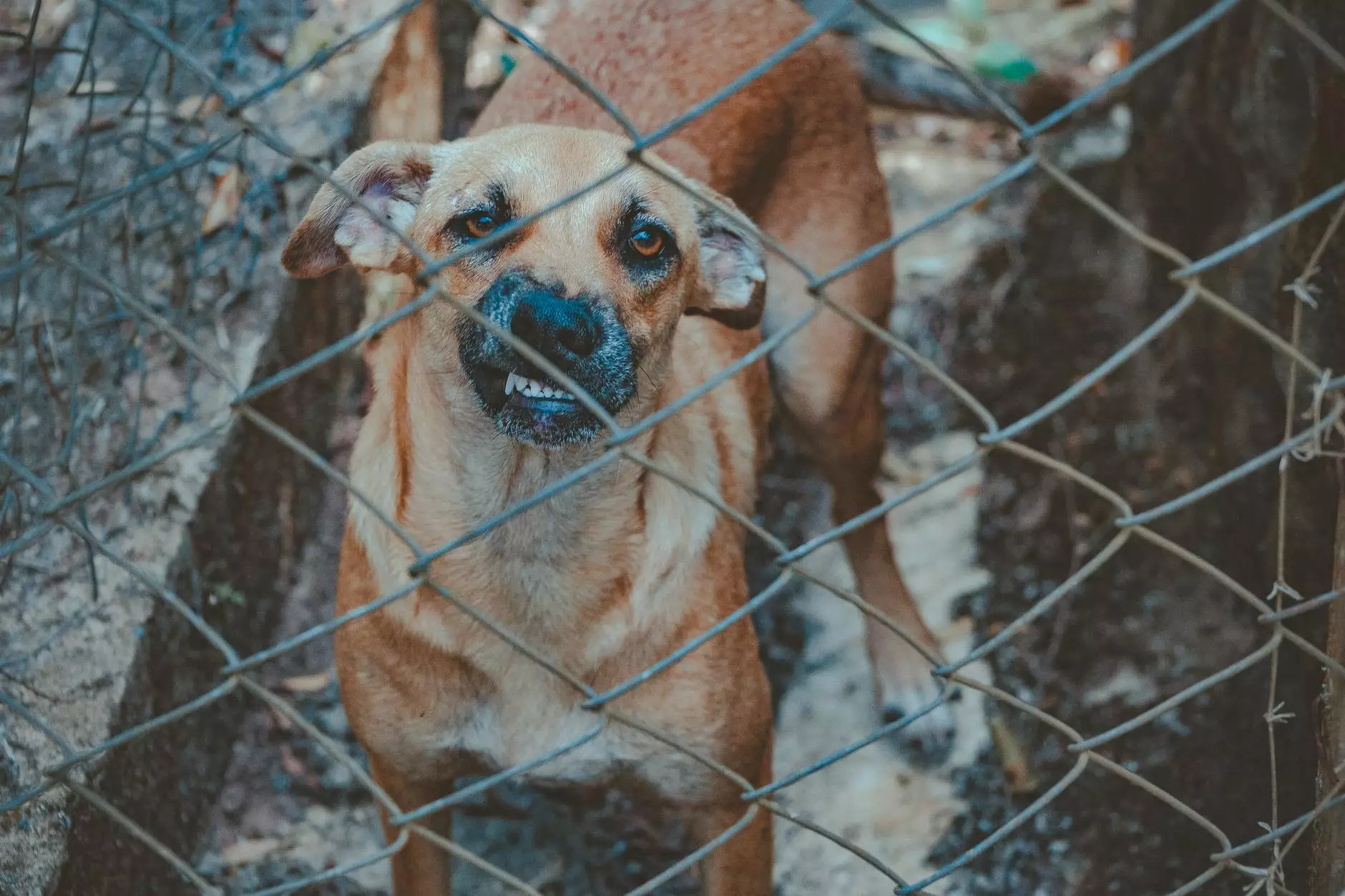Facts About Canine Influenza
Dog Care
Introduction
Canine influenza, also known as dog flu, is a highly contagious respiratory infection that affects dogs. It is caused by two different virus strains, H3N8 and H3N2. The virus spreads easily among dogs, especially in places with a high concentration of dogs such as pet boarding facilities, grooming salons, and dog parks.
Symptoms
The symptoms of canine influenza are similar to those of human flu. Dogs may experience a persistent cough, runny nose, sneezing, fever, loss of appetite, and lethargy. Some dogs may develop more severe respiratory symptoms, leading to pneumonia. It is important to monitor your dog's health and seek veterinary care if you suspect canine influenza.
Prevention
Preventing canine influenza involves a combination of vaccination and practicing good hygiene. Vaccinations are available for both H3N8 and H3N2 strains. Regular vaccination can help reduce the severity of the disease if a dog does get infected. Good hygiene includes washing hands regularly, sanitizing pet grooming tools and accessories, and keeping sick dogs away from healthy ones.
Transmission
Canine influenza is primarily spread through respiratory secretions from infected dogs. When an infected dog coughs or sneezes, the virus can become airborne, allowing it to infect nearby dogs. The virus can also be transmitted through direct contact with contaminated surfaces, such as food bowls or toys. It is important to disinfect surfaces to minimize the risk of transmission.
Treatment
There is no specific antiviral treatment for canine influenza. Most dogs recover within 2-3 weeks with supportive care such as rest, hydration, and medications to alleviate symptoms. In severe cases, hospitalization may be required. It is crucial to consult with a veterinarian for proper diagnosis and treatment recommendations.
Risks for Travelling Dogs
Traveling with dogs, especially to areas with a high prevalence of canine influenza, can increase the risk of exposure. Boarding facilities, dog shows, and other events where dogs from different regions gather pose a higher risk of transmission. It is advisable to monitor your dog's health before, during, and after traveling and discuss preventive measures with your veterinarian.
Conclusion
Canine influenza is a concerning viral infection that can impact the health and well-being of dogs. Wisconsin Adventures, a leading travel and tourism website, aims to provide valuable information regarding various aspects of pet care, including the prevention and spread of canine influenza. By staying informed and taking necessary precautions, dog owners can protect their furry companions from this contagious disease.










